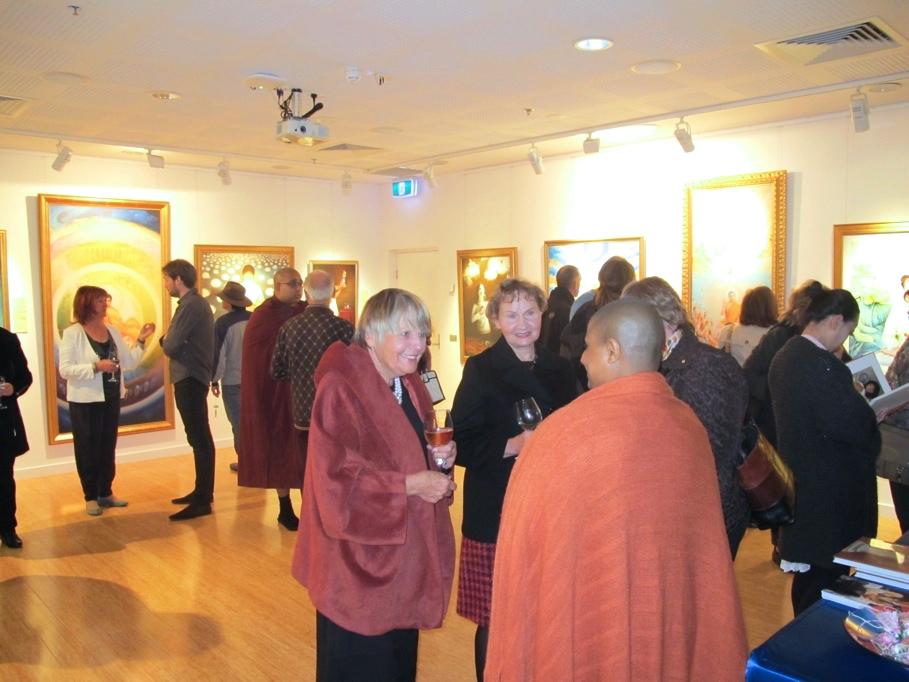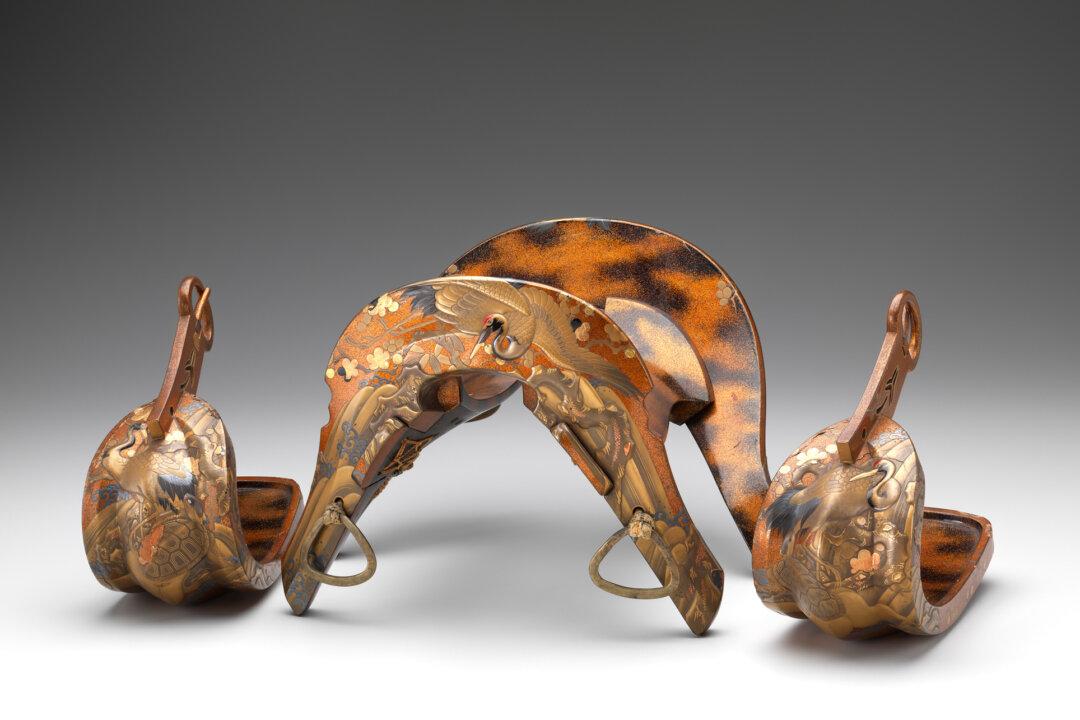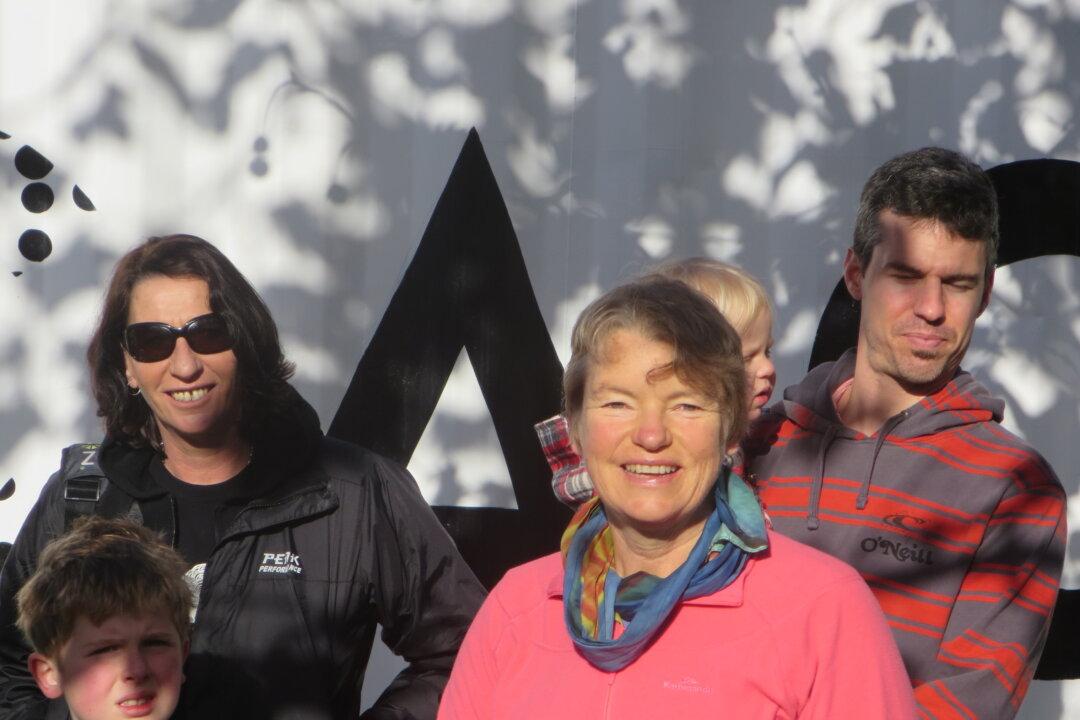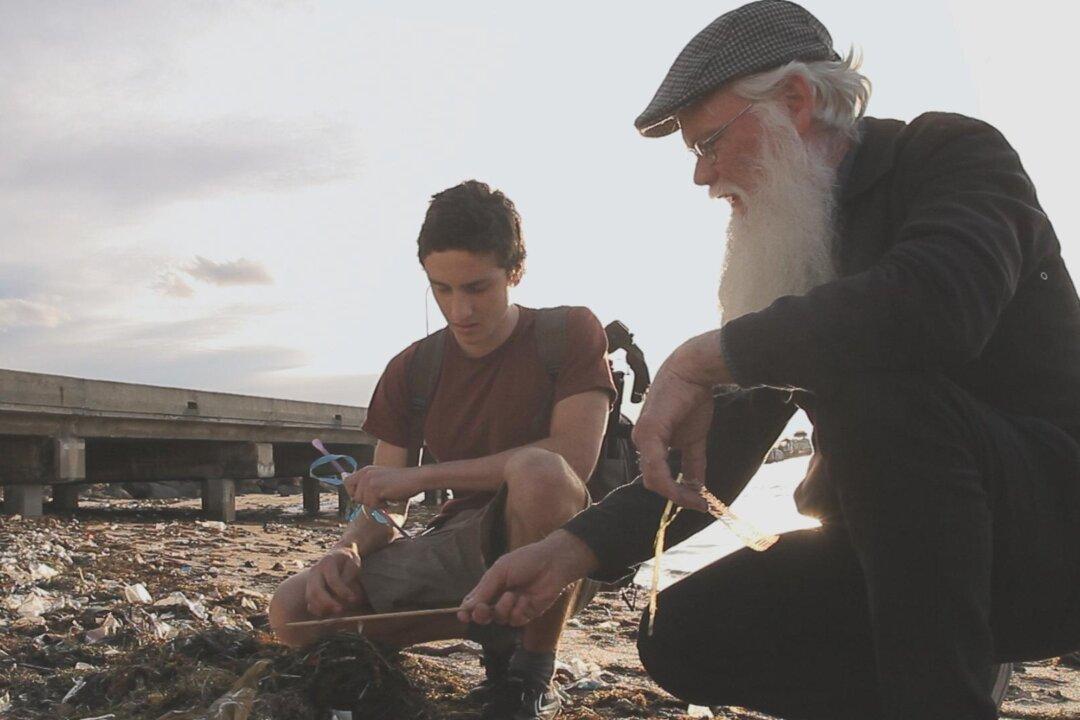‘If music be the food of love play on’, said Shakespeare—and that’s exactly what twelve of Australia’s top young musicians did.
For one whole week in the country town of Shepparton Victoria, they played their hearts out competing for top honours in the 2012 Australian National Piano Awards.
Strains of the classical greats such as Beethoven, Prokofiev, Clementi, Debussy, Chopin, Liszt and Busoni could be heard wafting through the country air.
Who could imagine high-class classical music to be synonymous with a country town and dairy cows? The hundreds of music lovers who attended the Grand Final Concert for the Australian National Piano Awards (ANPA) can vouch that cow country and music do go together well.
Shepparton lies in the heart of rich dairy country, a two and a half hour drive from Melbourne in the Murray-Darling Basin, also known as the food bowl of Australia. And according to Federal Member of Parliament Sharman Stone, a guest speaker at the award evening, Shepparton grows not only good food but also good ideas.
The prestigious awards event was born in Shepparton twenty years ago. “The National Piano Award Competition was the brain child of a group of music lovers in Shepparton back in the early 90s,” said Ms Stone.
She was full of praise for the “passion and persistence” of the award founders who kept “the amazing thought of having an Australian National Piano Award here in Shepparton” alive for 20 years.
At the end of the week the three finalist musicians treated the audience and judges to a wonderful evening of music in the beautiful Shepparton concert theatre.
Thirty-one year old Daniel de Borah from Melbourne played Beethoven’s Rondo in G major and Sergie Prokofiev’s Sonata No.8, while Michael Ierace, aged 28 from South Australia, played classics such as Chopin’s Nocturne in C Sharp minor and Liszt’s Concert Paraphrase on Verdi’s Rigoletto.
The youngest finalist, 21 year old Nicholas Young from NSW, played famous compositions by Busoni, Beethoven and Liszt.
After much deliberation the three judges, from Australia, the UK and Germany, announced Mr de Borah as the winner of the $20,000 first prize.
Mr de Borah was born in Melbourne in 1981 and studied at the Liszt Academy of Music in Budapest and the Royal Academy of Music in London. He has performed with orchestras throughout Australia and London has won many national and international awards.
He said the ANPA awards were a great opportunity for him. “The benefits for me of course are many; the opportunity to play and be heard, to test yourself against others and to hear your colleagues playing,” Mr de Borah said.
“Playing music is a very personal experience. It is an opportunity to say things that maybe cannot be said with words. So in that way I think musicians are quite privileged to have that emotional outlet.”
Mr Young received the 2nd prize of $13,000, while Mr Irace collected the 3rd prize of $7,000.
Mr Irace confessed he was feeling nervous before walking out to play, “but coming on stage performing, you just try to capture the spirit of what you are playing.”
Matthew Kam, the judge from the United Kingdom, commented on the high level of the performances.
“In terms of standard, it is really at an international level. The three of us judges had to deliberate, and it is not an easy task to pick between so many good players. There is a fine line really.”
Mr Kam was himself the winner of the first prize of the ANPA in 2004 and said the awards helped his career.
“In 2004, I was finishing up my bachelor degree at Melbourne University studying music. I was able to use the [prize] money for furthering my education and I was able to go overseas to study.”
The Epoch Times publishes in 35 countries and in 21 languages. Subscribe to our e-newsletter



